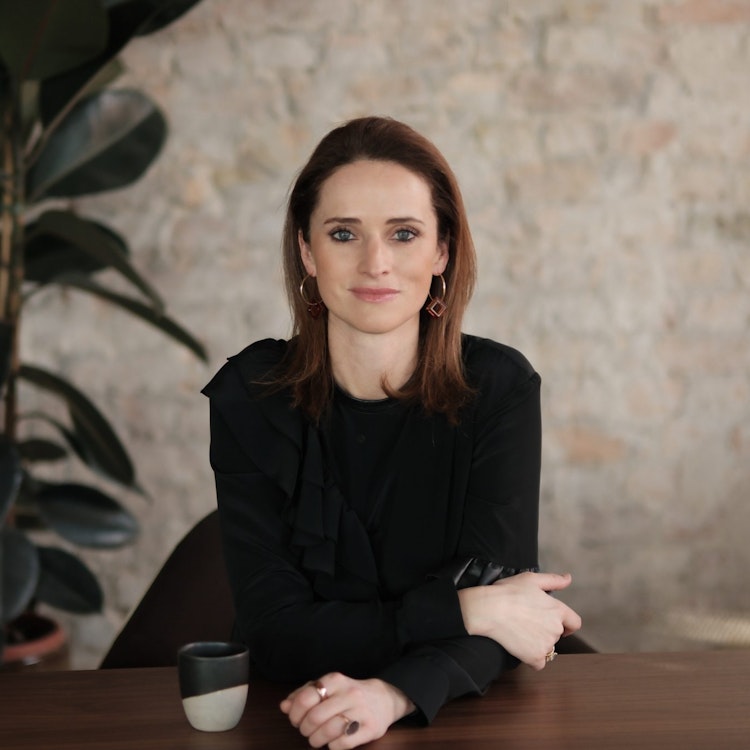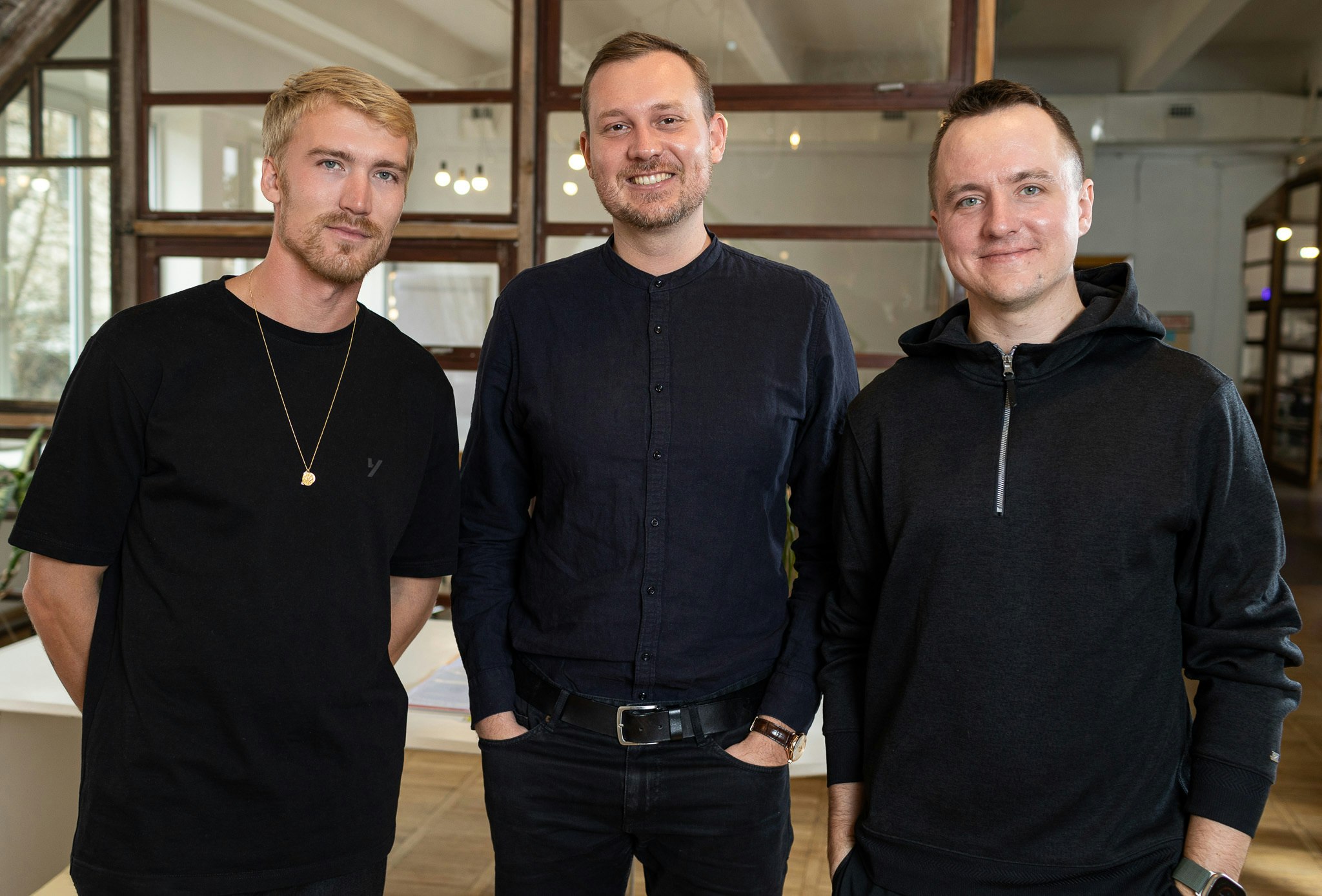Germany needs to take more risks for the country to survive the current economic downturn, says Verena Pausder, the new head of the German Startups Association.
Speaking after her election to the organisation last week, Pausder tells Sifted that Germany needs an entrepreneurial reboot if it is to stay competitive as an economy in the future.
“We are lacking a culture of courage in Germany. [We don’t] respond to challenging times with risk-taking and I want to revitalise that spirit,” says Pausder, a former edtech founder and one of Germany’s most active angels.
“If you're facing difficult times, then entrepreneurs are exactly the people you need. Starting new companies and directing more capital to businesses who have already proven successful is exactly what we should be doing.”
Germany was named “the sick man of Europe“ for the second time (the first was in 1996) by an article in The Economist this year, which said that the country’s lumbering economy was falling behind that of other European nations. Germany is the only advanced economy forecast to have negative GDP growth for 2023, according to the International Monetary Fund’s forecasts in October.
We need a narrative that says, ‘yes we can’ rather than ‘we’re going down’
Pausder believes that entrepreneurship can kickstart the economy and provide opportunities for young people.
“We need a narrative that says, ‘yes we can’ rather than ‘we’re going down’.”
On the agenda
Pausder’s priorities are enabling more university spinouts and allocating more capital to deep tech and later-stage financing. She also wants to help ease immigration processes for tech talent and encourage more collaboration between startups and larger companies.
Some progress was seen in recent weeks with the Future Financing Act, which included provisions to ease the long-bemoaned tax burden of employee stock-ownership programmes in Germany, in a bid to make the country a more attractive place to start a business.
Pausder says this was a good example of how the association and the government can work well together to make important changes in the interest of German startups.
Now, the government needs to focus on plugging the late-stage financing gap in Germany, she says, and find ways to unlock “billions in capital” and funnel it into deeptech. This will ensure that high-price-tag companies such as Marvel Fusion and DeepL don’t leave the country for more sophisticated ecosystems, she adds.
Solving the late-stage funding issue will involve all stakeholders, policymakers, startups and investors sitting down together and asking: “How could we solve this problem? What is the reality like for startups? Which lawyers could we bring on board to help us get this through?” she says.
Pausder is optimistic about the startup ecosystem generally: In 2018, startups only made up 1% of the country’s GDP, but today they make up 5% and have created over 400,000 jobs.
“So I think it’s clear now for Germany that this isn’t, like, the little startup scene. It’s a huge economic factor.”
‘Not a Berlin or Munich bubble thing’
Making Germany a competitive business location will involve engaging regional hubs in decision-making processes, says Pausder.
In 15 out of 16 German states, the German Startup Association has spokespeople who will meet with Pausder at the end of January to discuss the needs of founders who don’t live in Germany’s capital and strengthen regional networks.
“It’s one of my big goals to not make it a Berlin or Munich bubble thing and say ‘we’re here in Berlin, we know how things are done right and then we’ll tell the rest of the country what they should be thinking’,” says Pausder.
"Among the top startup cities in Germany, we've got places like Karlsruhe, Darmstadt, and Heidelberg: these are university towns brimming with research expertise. We need to keep fuelling this kind of potential," she adds.
“We need to put [states outside Berlin] in the light way more than we have in the past."
Pausder has created a board of nine founders and investors who each represent a different aspect of the German Startups Association’s strategy.
For example, Hélène Huby, cofounder and CEO of spacetech The Exploration Company, is on board to represent deeptech, Nicole Büttner, founder and CEO of Merantix Momentum, will oversee AI, and Jochen Engert, cofounder of FlixBus (a potential IPO in the future), will help with getting more capital into late-stage rounds. Five women and four men sit on the board.
Pausder and her team will have their work cut out for them, given that Germany is still reeling from a €60bn budget crisis and politics is divided over migration policy. What is important now is action, says Pausder.
“We’re kind of resting on our laurels of ‘Made in Germany’ made us great… and was the backbone of our economy. And I want to turn it into ‘make it in Germany’: you can find your company here, you can grow it into a unicorn and make it a global market-changing company.”



